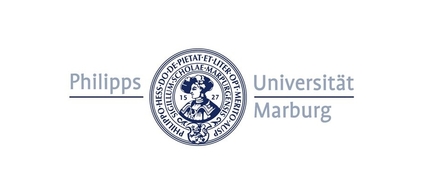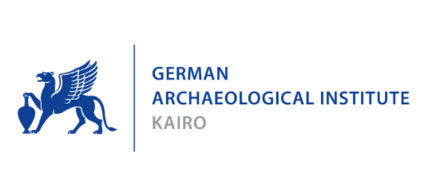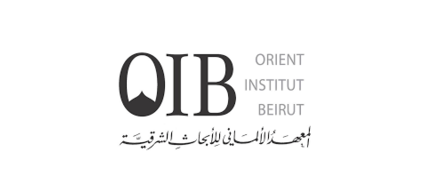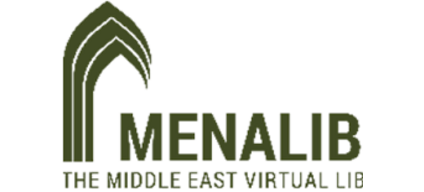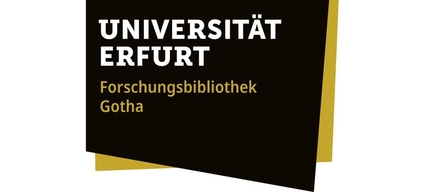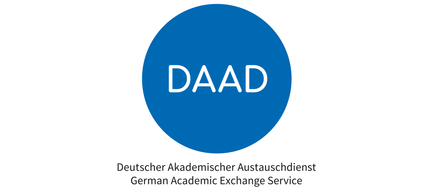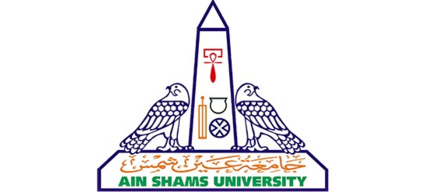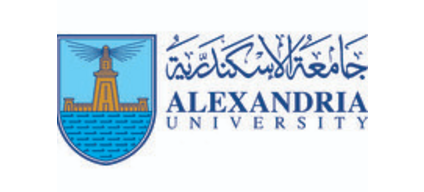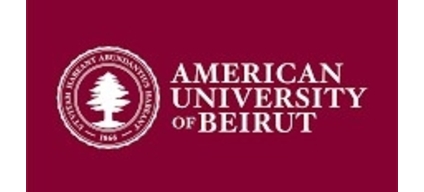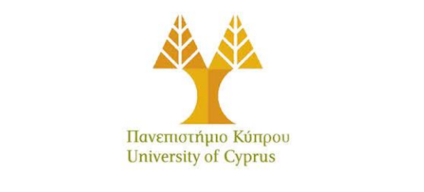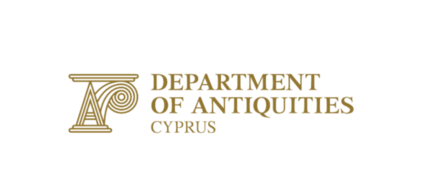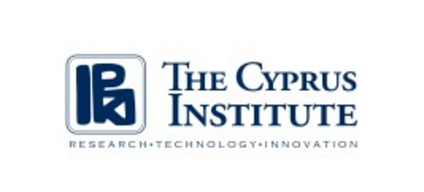Main Content
Material Culture
Historical background
In recent decades scholars have stressed the importance in the study of materiality, as Christine Mitchell puts it:
“The study of media, culture and communication has undergone theoretical and methodological turn towards materiality” (Mitchell, „Materiality: Tracking a Term, Tackling a Turn”, 2011).
However, often materiality was looked at mainly in written sources and cultural practices. Looking at the objects itself seemed to be of less significance. In the context of the cultural turn in the humanities from the early 1970s onwards materiality and objects and their function in human communication processes became then more and more connected to the actual objects and artefacts and the study of material culture entered human sciences as a vital and thriving field.
In this respect modern research was influenced by the works of Arjun Appadurai. Appadurai stressed the fact that “a commodity is a thoroughly socialized thing” and its sociability lies in its social potential to be more than only a product, artefact etc. By doing so Appadurai includes the research on materiality in social science and underlines the fact that commodities have the potential to “act” as well. (Appudarai, The Social Life of Things. Commodities in Cultural Perspective, 1986).
Holistic approach
Building up on these thoughts our project aims at a holistic approach into dealing with Material Culture in a wide perspective from Pharaonic times into Modernity. By doing so we want to overcome boundaries of fields like Egyptology, Classical Archaeology or Medieval Studies and also track the life of materiality, i.e. Pharaonic stones which are re-used in Fatimid and Mamluk Cairo and similar phenomena in Beirut or Alexandria. In order to understand these processes on the ground we aim to include field works as integral part of the project so that students and scholars can feel and see the history of Material Culture in the Eastern Mediterranean and how it is put to use today.
Areas and time span
The state of teaching and research on Material Culture in the Eastern Mediterranean (here especially Egyptand Lebanon) has reached a threshold where reflection cannot progress without pooling together disciplinesand periods (Antiquity, Middle Ages, and the Early Modern Period).
Archaeologists have become sensitive to the natural and human context of the settlements they study but face an absence of data for the Islamic period, especially after the twelfth century. Historians, and especially medievalists, must deal with the limited corpus of available sources and move beyond traditionally urban-centric history in order to open the field of research to rural and environmental studies. Our project therefore aims to bring the fields of Egyptology, Antiquity Studies, Islamic Studies, Archaeology and the History of Pharmacy and Medicine from Marburg University together with colleagues from Germany, Egypt, Lebanon and Cyprus in order to develop a holistic approach on materiality in research and teaching.
Expertise and aims
At the university of Marburg we build on decades of research, archaeological work, digital archiving and teaching of the involved colleagues in Germany, Egypt and Lebanon. Moreover, we successfully applied in the past for mutual DAAD and DFG projects with the American University in Beirut, Ain Shams University, Cairo and Alexandria University. The planned project intends to use these ties and to knot them into a new multilateral network to increase and intensify the mutual research and digitally anchor the findings for the next generations. We aim that the expertise on the ways Material Culture was produced in different periods of time in the same region and the ways we deal with these cultures in the digital age will expand tremendously and be accessible to a much wider audience. By leaving the comfort zones of our individual fields this shall lead to open our horizons as researchers and train a new generation of young scientists who shall be up to the challenges of our time.
